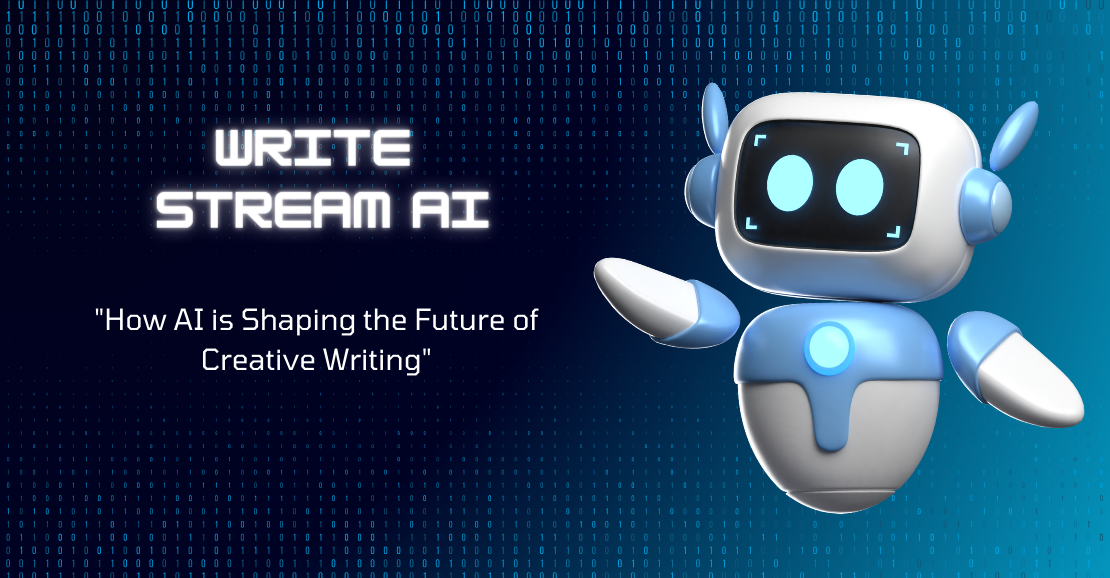Artificial Intelligence (AI) has been making waves in almost every industry, and the world of creative writing is no exception. As technology continues to advance, it has become increasingly integrated into our daily lives, and the realm of creative writing is certainly no exception. But how exactly is AI shaping the future of creative writing? In this article, we will explore the ways in which AI is changing the landscape of creative writing and the potential impact it could have on this field.
First and foremost, it is important to understand what AI is and how it works. AI, in simple terms, is the simulation of human intelligence in machines that are programmed to think and act like humans. These machines are capable of learning, adapting, and making decisions based on data and input they receive. With the advancements in natural language processing (NLP), AI is now able to understand and interpret human language, making it a valuable tool in the world of creative writing.
One of the most notable ways in which AI is shaping the future of creative writing is through its ability to generate content. AI-powered writing tools, such as GPT-3 (Generative Pre-trained Transformer version 3), can generate coherent and grammatically correct text based on a given prompt or topic. These tools are becoming increasingly sophisticated and can produce a wide range of content, from emails and articles to even entire books.
This technology has the potential to revolutionize the writing process for authors and content creators. With AI, they can generate ideas, flesh out characters and plotlines, and even write rough drafts. This not only speeds up the writing process but also allows for more experimentation and creativity. It also eliminates the tedious task of research, as AI can quickly gather and analyze information on any given topic.
AI is also helping writers in the editing and proofreading process. Grammar and spelling checkers have been around for a while, but with AI, these tools have become more advanced. AI-powered editing tools can not only point out grammatical errors and typos but also suggest alternative words and sentence structures, making for stronger and more polished writing.
But it's not just about the writing process. AI is also changing the way we consume content. With the rise of chatbots and virtual assistants, AI is now being used to create personalized content for readers. These chatbots can analyze a reader's preferences and browsing history to recommend books, articles, and other forms of content that they might be interested in. This not only provides readers with a more tailored experience but also helps writers reach a wider and more targeted audience.
However, with all the benefits that AI brings to the table, there are also some concerns about its impact on the future of creative writing. One of the major concerns is the potential loss of creativity and originality. Some argue that relying too much on AI-generated content could lead to a homogenization of writing styles and ideas. Others also fear that AI could replace human writers altogether, leaving many out of a job.
While these concerns are valid, it is important to remember that AI is not meant to replace human writers. Instead, it is meant to enhance their skills and make the writing process more efficient and effective. AI can generate ideas and words, but it is up to human writers to give them meaning and bring them to life.
In conclusion, AI is undoubtedly shaping the future of creative writing in many ways. Its ability to generate content, aid in the writing process, and personalize content for readers is changing the way we approach writing and reading. While there may be some concerns, it is clear that AI is here to stay and will continue to play a significant role in the world of creative writing. As long as human creativity is at the core, AI will only serve to enhance and evolve the field of creative writing.























Write your comment
Cancel Reply